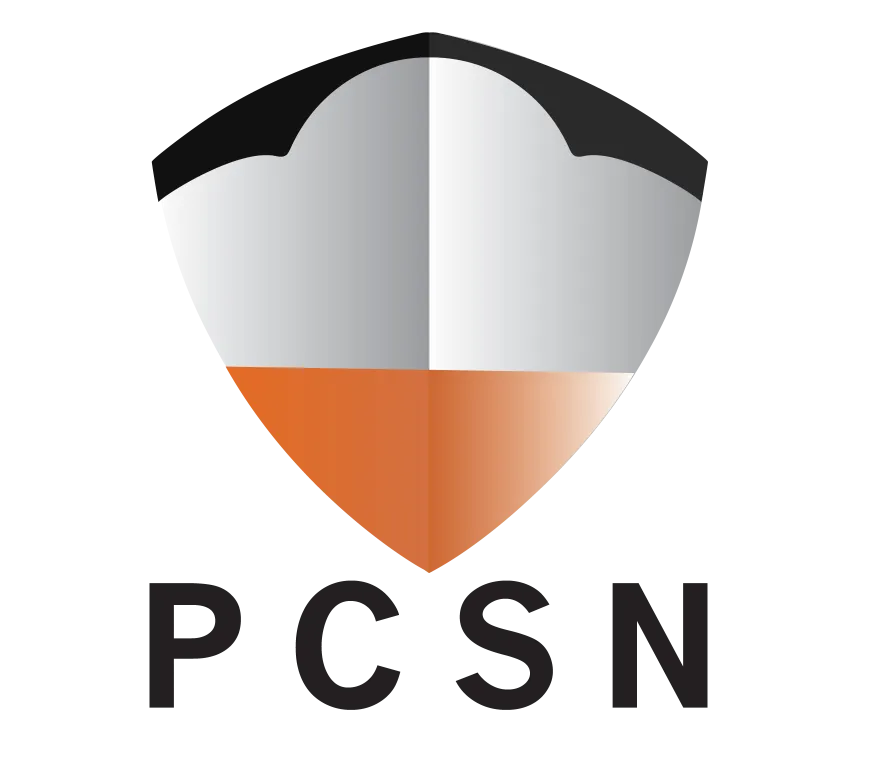August 25, 2025
Artificial intelligence (AI) is transforming the way businesses operate, sparking tremendous excitement—and with good reason. Popular tools like ChatGPT, Google Gemini, and Microsoft Copilot are revolutionizing tasks such as content creation, customer support, email drafting, meeting summarization, and even coding or spreadsheet management.
While AI can dramatically enhance productivity and save valuable time, it also presents significant risks if not handled carefully—especially concerning your company's data security.
These risks extend even to small businesses.
Understanding the Core Issue
The challenge isn’t the AI technology itself, but how it’s used. When employees input sensitive information into public AI platforms, that data might be stored, analyzed, or even utilized to train future AI models. This creates a real danger of exposing confidential or regulated information without anyone realizing it.
For example, in 2023, Samsung engineers inadvertently leaked internal source code through ChatGPT. This breach was so serious that Samsung banned the use of public AI tools entirely, as reported by Tom's Hardware.
Imagine if a similar incident happened at your company—an employee pastes client financial details or private medical records into ChatGPT for quick help, unaware of the consequences. In moments, sensitive data could be compromised.
Emerging Danger: Prompt Injection Attacks
Beyond accidental leaks, hackers are now exploiting a sophisticated method called prompt injection. They embed harmful commands within emails, transcripts, PDFs, or even YouTube captions. When AI systems process this content, they can be manipulated into revealing confidential information or performing unauthorized actions.
Simply put, AI can unknowingly become a tool for attackers.
Why Small Businesses Are Especially at Risk
Many small businesses lack oversight on AI usage. Employees often adopt AI tools independently, with good intentions but without proper guidance. They might think AI tools are just enhanced search engines, unaware that the data they enter could be permanently stored or accessed by others.
Additionally, few companies have formal policies or training programs to educate staff on safe AI practices.
Take Action Now to Protect Your Business
You don’t have to ban AI, but it’s crucial to establish control and safeguards.
Start with these four essential steps:
1. Develop a clear AI usage policy.
Specify which AI tools are authorized, outline what data must never be shared, and designate points of contact for questions.
2. Educate your team thoroughly.
Ensure employees understand the risks of public AI tools and the nature of threats like prompt injection.
3. Adopt secure, enterprise-grade AI platforms.
Encourage use of trusted tools such as Microsoft Copilot that provide enhanced data privacy and compliance controls.
4. Monitor and manage AI usage.
Keep track of which AI tools are in use and consider restricting access to public AI platforms on company devices if necessary.
The Bottom Line
AI is an indispensable part of the future. Businesses that embrace it responsibly will thrive, while those that overlook security risks could face data breaches, regulatory penalties, and more. Just a few careless keystrokes can put your entire company at risk.
Let's have a quick conversation to ensure your AI practices safeguard your business. We’ll help you craft a smart, secure AI policy that protects your data without hindering your team’s efficiency. Call us today at 281-402-2620 or click here to schedule your 15-Minute Discovery Call now.




